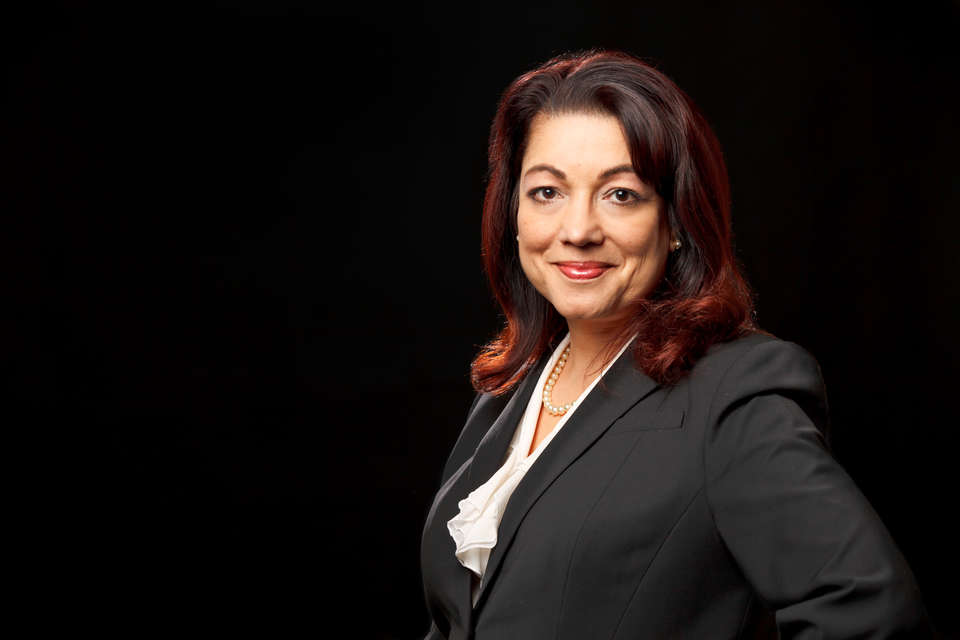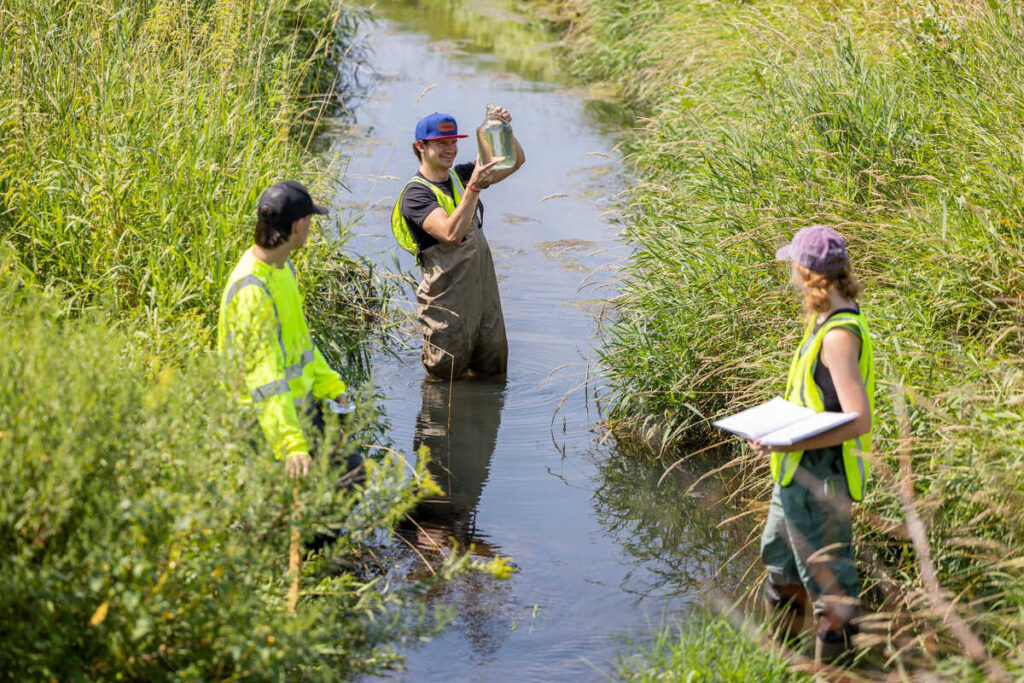Tommie Experts taps into the knowledge of St. Thomas faculty and staff to help us better understand topical events, trends and the world in general.
The COVID-19 pandemic meant that classrooms and workplaces worldwide quickly transitioned online; Zoom has now become a part of everyday life. To get insight into what we gain and what we lose when classrooms and companies go virtual, how organizational cultures change and more, the Newsroom connected with Opus College of Business Associate Professor of Management Rama Hart.
What do we gain and what do we lose when classrooms/companies go virtual?

Opus College of Business Associate Professor of Management Rama Hart
It is important to remember that as a society, we already have “gone virtual.” So, the question is about the degree of virtuality. We can lose the opportunity for impromptu conversations, for popping into someone’s office or running into classmates or colleagues – encounters that might result in building stronger relationships, quickly getting help on a problem, or satisfying our human needs for personal contact. We also have to consider inequities that exist in terms of technological resources, competing demands within the home, and the same unconscious bias that exists in face-to-face contexts.
On the other hand, going virtual can be good for quieter, more introverted personalities in an organization or classroom. Research shows that people who might disagree with the majority viewpoint speak up more often in virtual settings, especially when there is a text-chat accompanying a video conference, for example. There are many other advantages of going virtual: less pollution, lower transportation costs and of course, the increase in safety from threats like the coronavirus/COVID-19.
How have you seen organizational culture change by going completely online?
If the organization has a deeply entrenched history, its culture can remain fairly strong even after going online. Ultimately, though, culture can change as a result of leaders communicating their values frequently and widely. Policies also can impact culture as organizations move to more online work. We all have experienced how technology has influenced our perception of the workday moving toward 24/7. If we want to maintain balance, it is wise to model behaviors that promote separation between work time and rest time. An example of that would be setting an out of office message for the weekends, or communicating a set time window for responding to email.
What advice can you share about virtual teaming, work and collaboration? How can we build effective team and mentoring relationships in the new normal?
It matters what you focus on in virtual collaboration. Shared problem-solving – meaning helping to solve real work-related challenges – is the fastest path to team building in a virtual setting. Trust can be built based on the shared culture, but it can also be built by sharing knowledge and providing help to one another when needed. Then, you can get to the fun stuff of deepening your knowledge of each other more personally. When you start online, and not face-to-face, remember, the chemistry has to be built with LOTS of communication. Communicate often with your teammates and colleagues, even if your messages are short.
How does cross-cultural understanding change in virtual teams?
I believe virtual collaboration across cultures requires one to be more prepared. Do your homework about cultures across the nation and the world. Work cultures differ according to region here in the United States, too. Put a Minnesotan in a negotiation with a Bostonian or New Yorker on a Zoom call, and tell me it’s not difficult! Virtual communication compounds cross-cultural misunderstanding without the opportunity to quickly apologize or ask for clarification. The intensity of online communication (or the lack thereof) is pronounced – we might overcommunicate or leave the call with incorrect assumptions of what took place.
Is there anything else that you would like to add?
We could talk about this for hours! Which means we have a lot to learn and a lot of opportunity for improving how we work and communicate virtually. I would encourage everyone to be gentle with themselves and with each other.







